- all
- popular
- trending
- most recent

New encyclopedia of human gene functions unveiled
A global team releases a powerful tool mapping 20,000+ genes, blending human and animal data for better science.
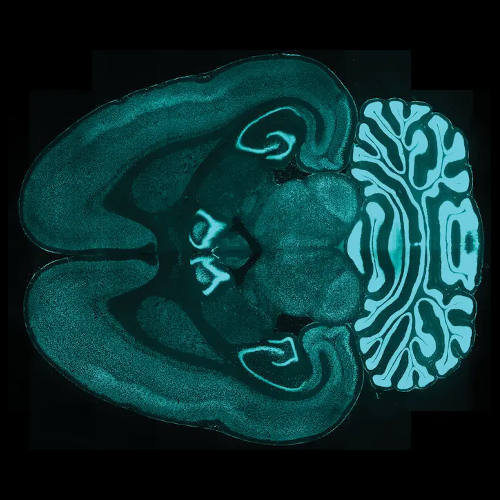
New method labels proteins in large tissue samples with high speed
New technology labels proteins across whole, intact rodent brains, embryos, and even human brain samples, with "ultra-fast" speed.
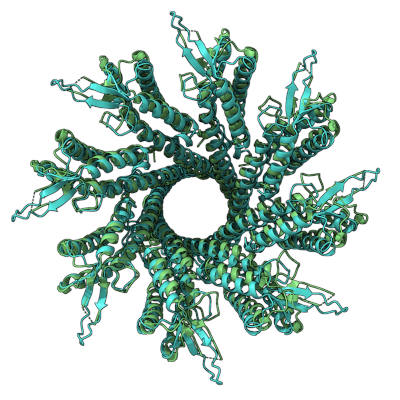
Open source AI model matches the performance of AlphaFold3
MIT scientists have released a new open source AI model to predict protein structure with a performance similar to AlphaFold3.
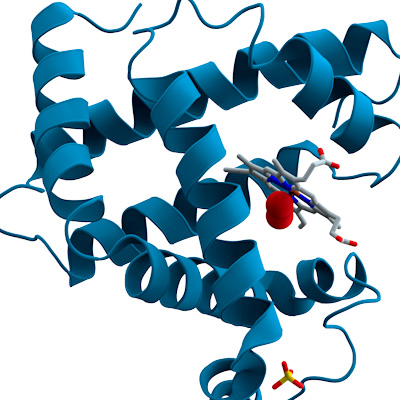
Deep learning system for protein design
Researchers have developed a new, efficient AI tool that uses deep learning to design proteins that can bind to small molecules.
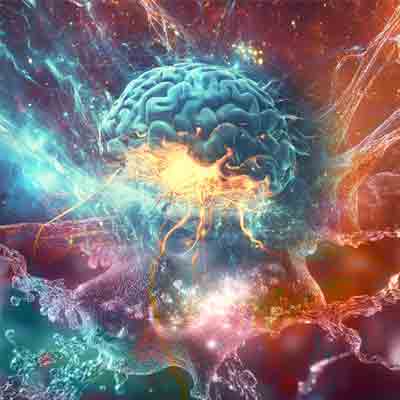
How Memory Stays Sharp: The Role of KIBRA and PKMζ in Long-Term Memory Maintenance
A molecular duo, KIBRA and PKMζ, may hold the secret to long-lasting memories. Learn how their interaction could revolutionize memory-related treatments.

AI-driven protein engineering
A new AI system called EVOLVEpro can take existing proteins and make them more stable, accurate, and efficient.
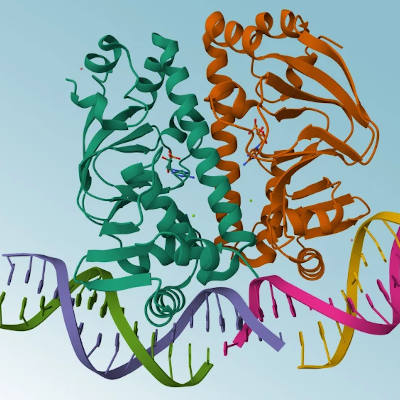
DeepMind makes AlphaFold3 open source
Google DeepMind has made AlphaFold3, an AI model for predicting protein structures, available as open-source for non-commercial use.
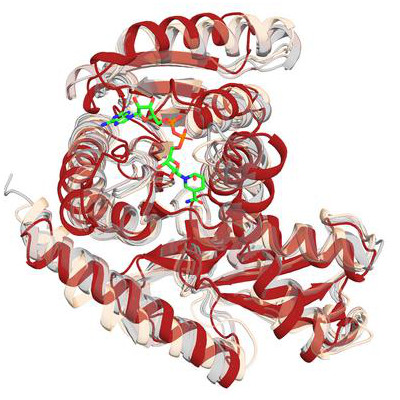
AI designs new proteins for medicine and other applications
With AI and supercomputers, scientists can predict which proteins might work best without having to test each one.
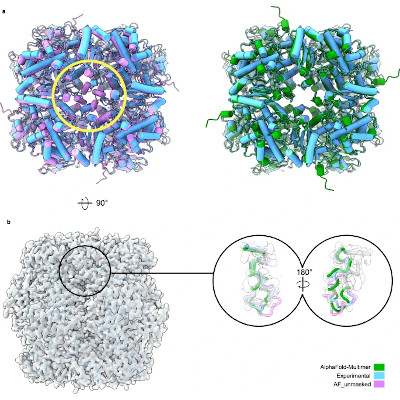
Modified AlphaFold combines AI with new experimental data
Researchers have developed a modified version of AlphaFold able to take into account new experimental data to predict how proteins fold.
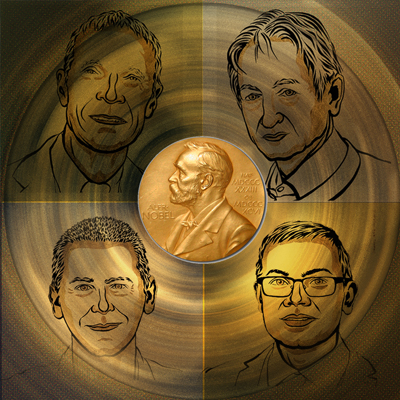
AI researchers win Nobel Prizes in Physics and Chemistry: hows and whys
In 2024 AI researchers have won the Nobel Prize in Physics and half of the Nobel Prize in Chemistry for pure AI research and applications.


.png)

.png)


.png)